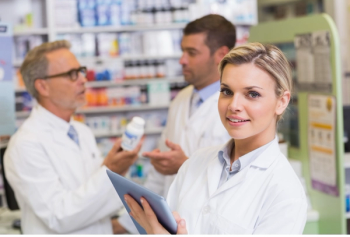
Seeking personal fulfillment over money can help when assessing one’s value as a pharmacy technician.

Seeking personal fulfillment over money can help when assessing one’s value as a pharmacy technician.

It's really been a challenge for Health Mart pharmacies with the labor market the way that it is.

Companies that incorporate Diversity, Equity, and Inclusion (DEI) into their everyday operations will be instrumental in shaping a new standard in their workforce and ultimately in society.

Donald Klepser, PhD, MBA, professor and dean of academic affairs at the College of Pharmacy in the University of Nebraska Medical Center, discusses how pharmacy technicians can manage their own stress and burnout.

Pharmacies are so much more attuned to being able to use that technician to the top of his or her license and credential.

Logan Franck, PharmD, BCACP, a clinical associate professor in the College of Pharmacy at the University of Nebraska Medical Center, discuses his American Association of Pharmacy Technicians session on over-the-counter medications.

Ryan Burke, PharmD, director of professional affairs at Pharmacy Technician Certification Board, discusses how the changing role of pharmacy technicians has also helped the role of the pharmacist.

Every pharmacist knows that if they don't have a well-trained technician available, they're not going to be able to do the things that were so amplified during COVID-19.

Ryan Burke, PharmD, director of professional affairs at Pharmacy Technician Certification Board, discusses more advanced roles for pharmacy technicians and how they can continue to grow beyond their current roles.

Donald Klepser, PhD, MBA, professor and dean of academic affairs at the College of Pharmacy in the University of Nebraska Medical Center, discusses how the COVID-19 pandemic has changed the role of pharmacy technicians and what is expected as we move forward.

Women in pharmacy must realize that what they have to offer has value, both to the business and to patients’ lives.

Providing sufficient and comprehensive training about a new service could ensure both successful implementation and increased engagement of staff toward that intervention.

As we mark the second anniversary of Bostock v. Clayton County this month, let’s remember to treat each other with dignity, empathy, and respect, while we work together for a safer and more tolerant workplace.
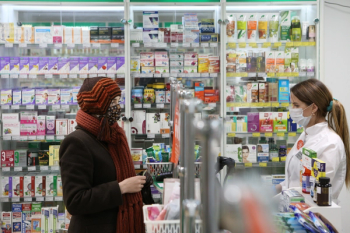
The impact of the pandemic on the mental health of health care workers, including pharmacists and pharmacy staff, has been well documented.

Areas of focus include drug discrepancies during transitions of care, polypharmacy, and promotion of self-management.
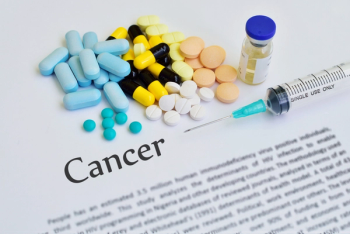
Training pharmacy technicians to evaluate tasks such as appropriate site of care and plan benefits can reduce the workload for the pharmacist.

Shields Health Solutions poster presentations highlight a comprehensive approach to specialty patient care and successful results from an expanded offering of instructional programs.

Sara Wettergreen, assistant professor in the department of Clinical Pharmacy, and Department of Family Medicine, at Skaggs School of Pharmacy and Pharmaceutical Sciences, on burnout and mental health concerns among pharmacy technicians

But meeting regulatory requirements may entail a great deal of financial expertise and time.

Neil Lund, senior advisor, Avelere Health and Ryan Urgo, managing director, Health Policy, Avelere Health, discuss the impact of President Biden’s health care agenda on the pharmacy field.
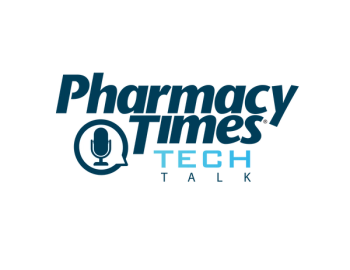
Sara Wettergreen, assistant professor in the department of Clinical Pharmacy and Department of Family Medicine at Skaggs School of Pharmacy and Pharmaceutical Sciences, discusses burnout and mental health concerns among pharmacy technicians.

Imposter syndrome is a phenomenon that affects self-confidence, significantly limiting the effectiveness of professionals affected by it.
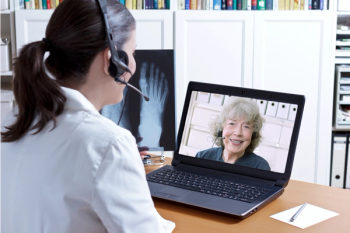
Telehealth use expanded in the pharmacy during the pandemic, however, pharmacy personnel face challenges when implementing these services, beginning with regulatory requirements.

As pharmacy technicians continue to take on more responsibilities, actions must be taken to alleviate the burnout so many are facing.

In this month's episode, Staci Rush, clinical pharmacy technician at Hometown Pharmacy, discusses pharmacy intervention and how it can reduce hospital readmissions for patients.

Lack of acknowledgement or rewards in high-pressure pharmacy environments can lead to mental health issues.

Relevant training and credentials lead to technicians taking a more active role in pharmacies.

As job duties continue to change, having coverage protects against alleged errors or omissions.

Strong support from pharmacy professionals and a shift in systems and workflows help pave the way for success.

Technology clears the way to offer clinical-focused tasks, ultimately improving job satisfaction and minimizing burnout.